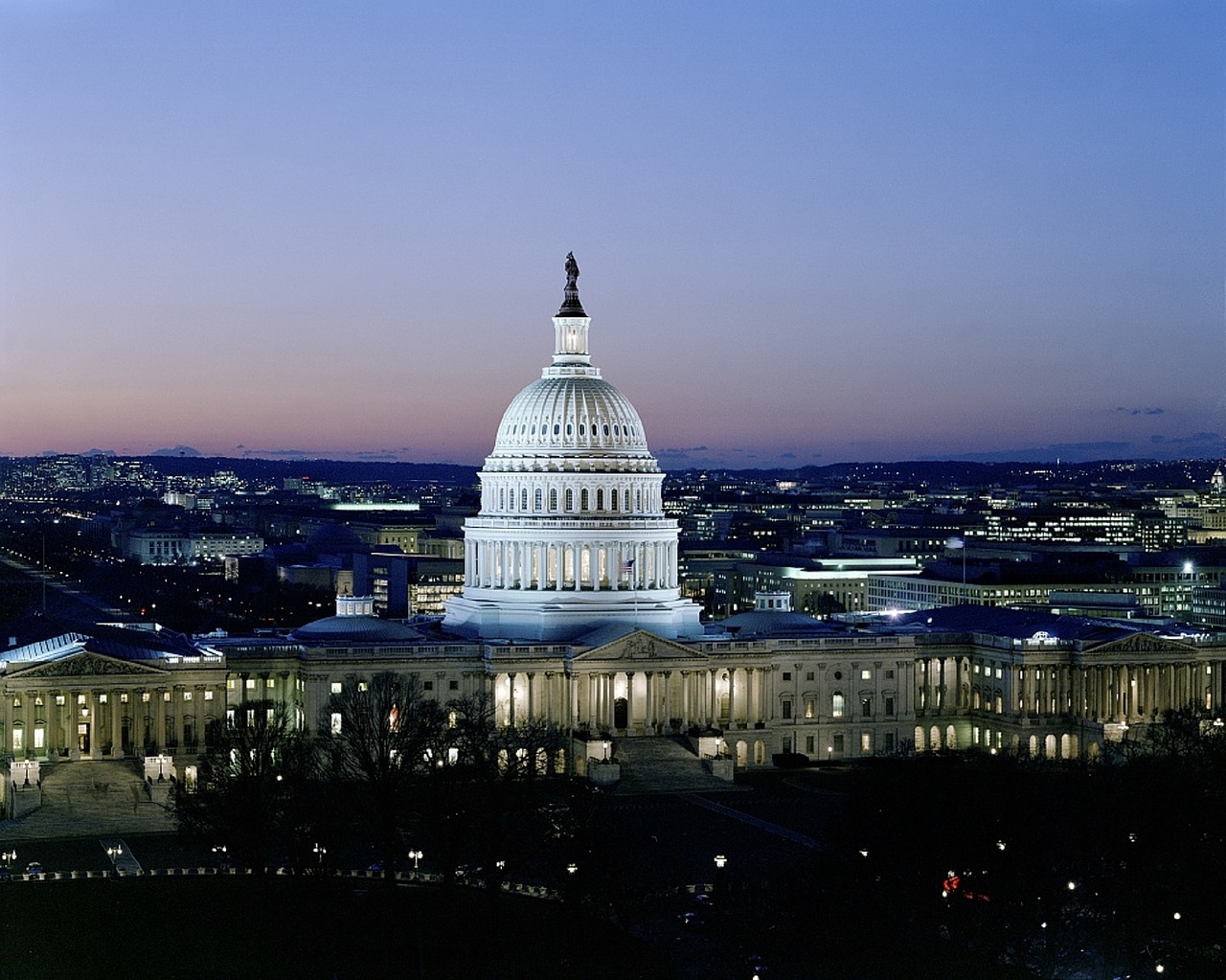The full integration of manned and unmanned aircraft over the national airspace has been a key issue for both industry and regulators alike since the introduction of Part 107 two years ago. Enabling this kind of integration is considered the logical next step in UAV legislation since commercial drone operators recognize the need for a comprehensive and complete amalgamation of rules and regulations for both drones and traditional aircraft. That’s part of the reason the FAA feels the pressure and is working hard to advance legislation that would allow such integration to take place in a safe manner.
Now though, Congress has finally entered the conversation with an important amendment. It's a critical development since it is directed specifically at the integration of manned and unmanned vehicles and not merely centered on the vague “advancement” of drone technology.On Jul 31st, U.S. Sen. Mark R. Warner (D-VA) introduced a bipartisan amendment sponsored by Sens. John Hoeven (R-ND) and Catherine Cortez Masto (D-NV) to the FY19 Transportation, Housing and Urban Development (T-HUD) portion of the ‘minibus II’ spending package that would provide $6 million towards unmanned aircraft systems (UAS) research to safely integrate them into the national airspace. Currently, the FY19 T-HUD base bill makes $3 million available as matching funds for companies that partner with the UAS test sites working towards integrating UAS into the national airspace. Senator Warner’s amendment would boost UAS research funding levels to $6 million.“This amendment will ensure we continue supporting advancements in the safe and responsible integration of unmanned systems in our airspace," said Senator Warner. "I look forward to working with my colleagues to ensure we provide the necessary funding towards research and development of this cutting-edge technology so that the U.S. can maintain our competitive edge.”Senator Warner has been a strong supporter of research and investment in unmanned systems, including driverless cars, drones, and unmanned underwater vehicles. He has introduced bipartisan legislation designed to advance the development of unmanned aircraft systems (UAS) and build on the Federal Aviation Administration’s (FAA) efforts to safely integrate them into the National Airspace System. Virginia is also home to one of seven FAA-approved sites across the country where researchers are testing the safest and most effective ways to incorporate UAS into the existing airspace. In May 2018, the U.S. Department of Transportation’s (DOT) announced the selection of Virginia to participate in the Federal Aviation Administration (FAA) Unmanned Aircraft Systems (UAS) Integration Pilot Program (IPP).Warner’s amendment co-sponsor, Senator John Hoeven from North Dakota, is a member of the Senate Appropriations Committee on Transportation and Housing and Urban Development (THUD) and has been an ardent advocate of UAV technology in his state.“This legislation supports vital infrastructure improvements across our state, including for road, rail and airports, while also helping to advance the integration of UAS into our national airspace, a pivotal step in growing this industry,” said Hoeven.Senator Hoeven recently joined Transportation Secretary Elaine to announce that the North Dakota Department of Transportation, with support from the Northern Plains UAV Test Site, was selected as one of ten sites to participate in the pilot program. According to Senator Hoeven’s office, the amendment co-sponsored by the North Dakota legislator will include:- $14 million for the FAA’s UAS Center of Excellence co-led by the University of North Dakota.
- $6 million available as matching funds for companies that work with the UAS test sites to demonstrate or validate technologies essential to integrating UAS into the national airspace.
- Language requiring the FAA to develop plans for a full-scale unmanned traffic management system in coordination with research conducted under the UAS Integrated Pilot Program (IPP).















Comments